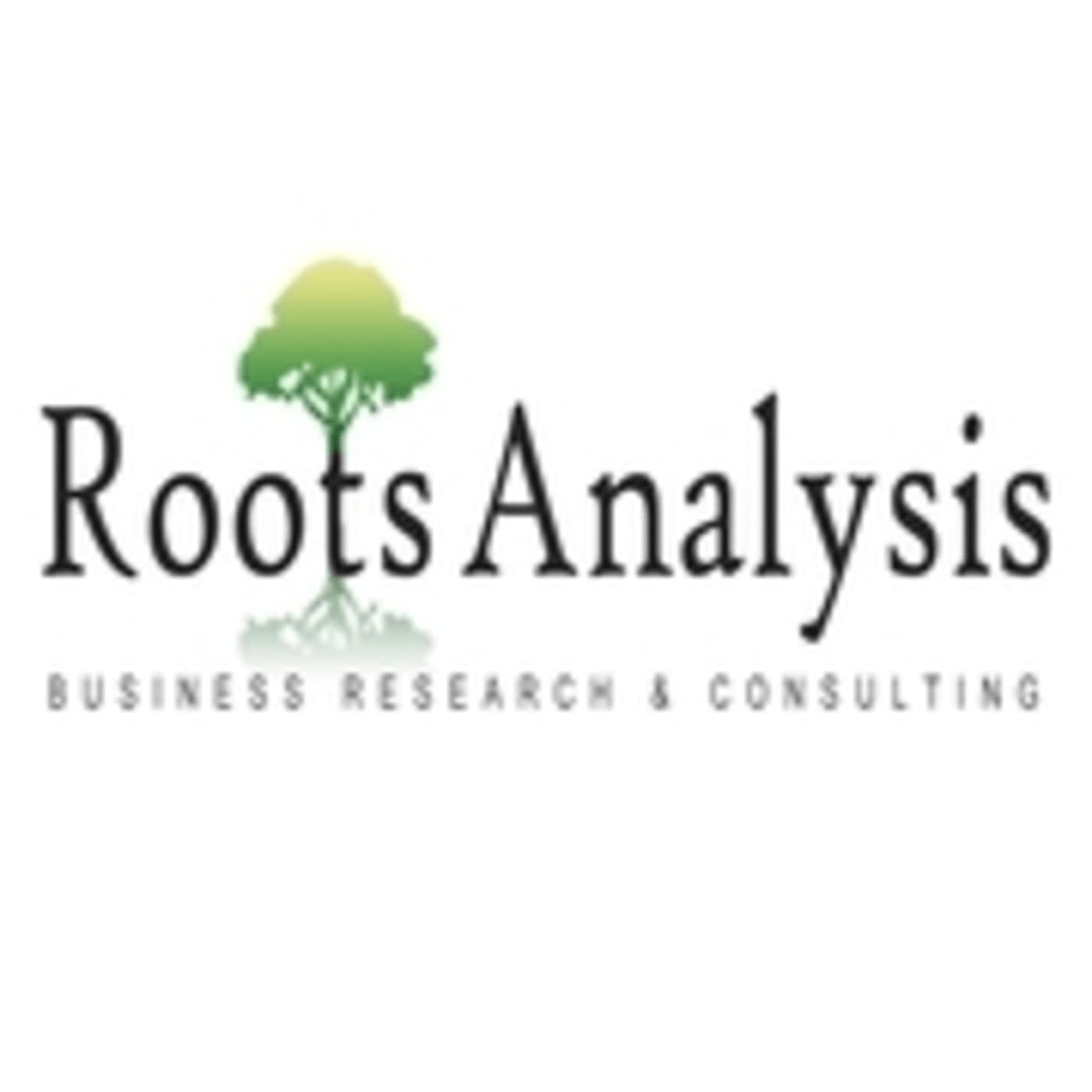Molecular diagnostics aids in early detection of diseases by utilizing the genetic information of a patient in order to facilitate therapeutic monitoring and improve the overall patient healthcare outcome.
The global molecular diagnostics market size is estimated to grow from $15.9 billion in 2024 to $30.9 billion by 2035, at a CAGR of 6.2% during the forecast period, till 2035.
Molecular diagnostic solutions are advanced techniques and tools used to analyze biological markers in the genome and proteome of the individual’s genetic code. These diagnostic solutions are essential for detecting and monitoring diseases, identifying genetic predispositions, and guiding the patients for personalized treatment plans. The core technologies include polymerase chain reaction, next-generation sequencing and microarrays. Molecular diagnostic solutions are pivotal across various medical fields, including oncological disorders, infectious diseases, genetic testing, and personalized medicines. These solutions enhance the accuracy of diagnoses, enable and support tailored treatment strategies aiming to ultimately improve diagnostic outcomes and improving public health.
In the following sections, we explore the various technologies used by molecular diagnostic solutions.
Nucleic Acid Amplification Tests – This technology amplifies the DNA sequences to detectable levels. Some of the key examples include qPCR, RT-PCR and loop-mediated isothermal amplification.
Sequencing Technologies – DNA sequencing provides comprehensive genomic insights identifying mutations and variations in the sequence. Examples include sanger sequencing and next generation sequencing.
Hybridization – Used for gene expression profiling, genotyping and detecting chromosomal
abnormalities. Examples include microarrays and fluorescence in situ hybridization.
Protein-based Assays – Used to identify and quantify proteins to aid in disease diagnosis and therapeutic monitoring. Examples include mass spectrometry and immunoassays.
In the following section, we have mentioned future perspectives / trends that are likely to emerge in the molecular diagnostics market.
· Integration of artificial intelligence (AI) and machine learning tools can enable organizations to process a vast amount of genomic data, identify patterns and make diagnostic decisions with informed accuracy. Further, AI-driven tools can tailor diagnostics and treatments to individual patient requirements by integrating genetic, proteomic, and clinical data.
· Ongoing improvements in next-generation sequencing have made such services more affordable, facilitating its widespread adoption in clinical settings. Moreover, technologies, such as long-read sequencing aim to improve the accuracy of genome assembly and identification of structural variants. On the other hand, advancements in single cell sequencing enables detailed analysis of individual cells, providing insights into cellular heterogeneity and disease mechanisms.
· Recent shift towards portable, easy-to-use devices that provide quick and accurate results at the point of care or at-home settings has been pivotal in providing enhanced healthcare delivery in remote and resource-limited settings thereby, reducing the need for centralized laboratory facilities. Further, such solutions encourage patient participation through home-based testing and digital health solutions.
Using our proprietary approach, we identified the parameters pertaining to porter’s five forces; these were further evaluated to determine their impact on the molecular diagnostics market
Porter’s Five Forces Analysis is a qualitative framework that determines the strengths and weaknesses of industries by analyzing five competitive forces that contour every industry. It can be applied to any segment of the industry to comprehend the competitive landscape in a sector and deploy relevant strategies in order to increase the overall profitability of the stakeholders.
The key parameters that are likely to impact the molecular diagnostics market, to help determine industrial strengths and weaknesses have been mentioned below:
· Threat of New Entrants - It refers to the threats posed by new competitors to existing players in the market.
· Bargaining Power of Buyers - This force analyzes how much pressure a consumer / customer can exert on providers so as to get better services and high-quality products at a lower cost.
· Bargaining Power of Suppliers - The force analyzes the extent to which the molecular diagnostics solution providers can put pressure on the buyers by raising the prices, lowering the quality, and reducing the availability of the supplies.
· Threat of Substitute Products - This force analyzes the extent to which a product / service can be replaced by similar class of alternative products / services.
· Rivalry among Existing Competitors - This force examines the current competition in the market and is determined by the number of existing competitors in the domain.
Thank you for reading our report. Kindly get in touch with us to know more about the report or to receive a customized copy of it. Our team will ensure the report is tailored according to your needs.
To view more details on this report, click on the link
https://www.rootsanalysis.com/reports/molecular-diagnostics-market.html
About Roots Analysis
Roots Analysis is a global leader in the pharma / biotech market research. Having worked with over 750 clients worldwide, including Fortune 500 companies, start-ups, academia, venture capitalists and strategic investors for more than a decade, we offer a highly analytical / data-driven perspective to a network of over 450,000 senior industry stakeholders looking for credible market insights.
We specialise in analysing areas which have lacked quality research so far or require more focused understanding within the broader industry. All our reports are structured in a way to enable the reader develop a thorough perspective on the given subject. Apart from writing reports on identified areas, we also provide bespoke research / consulting services dedicated to serve our clients in the best possible way.
The research efforts are driven by a global team. The leadership team brings a wealth of experience within the sector. Their collective experience in pharmaceutical / affiliated domains allows us to tackle various areas of research in a structured way. We also regularly leverage our global network of experts who hold senior leadership positions in reputed firms and organisations worldwide.
Contact:
Roots Analysis
+1 (415) 800 3415
Sales@rootsanalysis.com

